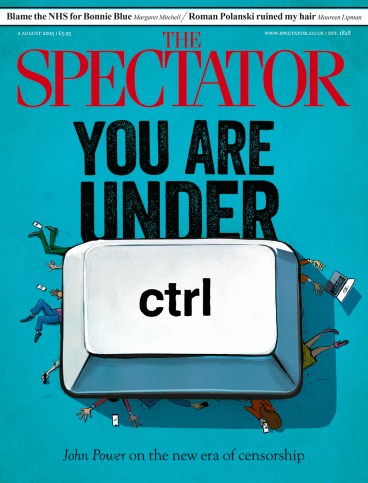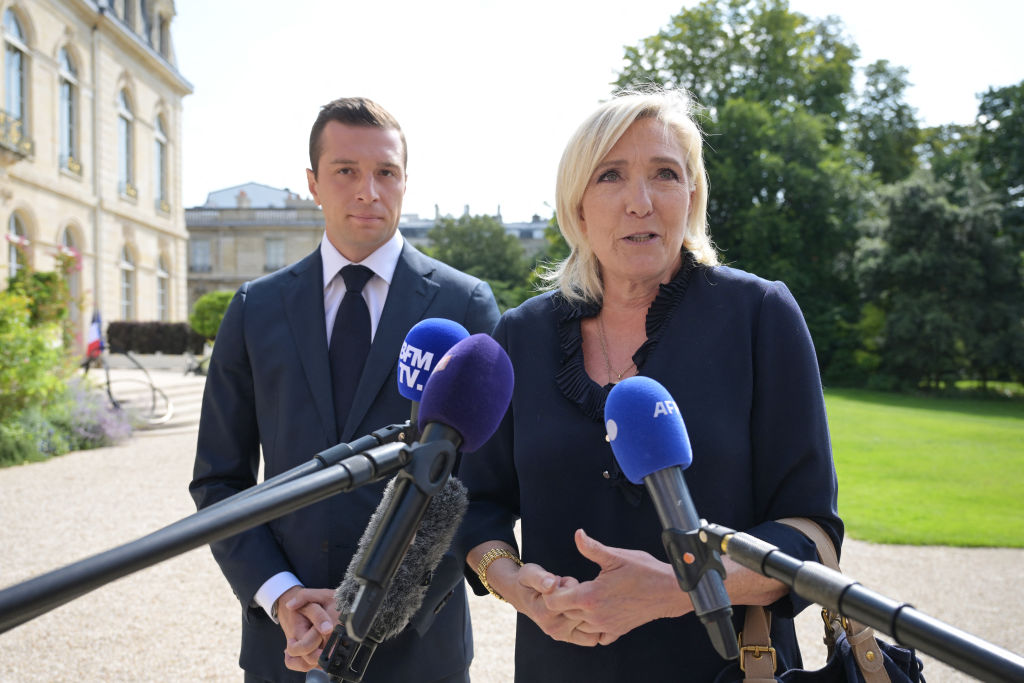
Ferdinand Mount has had an illustrious career, including posts as head of the No. 10 policy unit under Margaret Thatcher, literary and political editor of The Spectator and editor of the TLS. He is a prolific author to boot, with 29 fiction and non-fiction books under his belt. His latest novel, The Pentecost Papers, is an ‘ill-starred odyssey through an incurably slippery world’, he writes, ‘recorded by several hands – most of them unsteady’.
Our first narrator is Dickie Pentecost, a diplomatic correspondent (‘an anachronism,’ he admits, ‘like still keeping a hat-stand in the hall’). Dickie will be familiar to readers of Making Nice (2021), a satire of spin dedicated to Mount’s ‘fellow Wonks and Spads’. Like its predecessor, The Pentecost Papers sees the hapless Dickie drawn into a caper, but with the ‘incurably slippery world’ of political PR replaced by that of commodities trading and hedge funds. Slipperiness is also the theme of Mount’s recent non-fiction titles. Kiss Myself Goodbye (2020) tells the story of his Aunt Munca, a serial liar who turned out to be a bigamist with ill-gotten wealth; while Big Caesars and Little Caesars (2023) investigated the phenomenon of populist politicians.
The Pentecost Papers opens with Dickie meeting Timothy ‘Timbo’ Smith on a golf course, where the self-professed healer gives him an impromptu session for back pain. ‘And how do you feel now, Dickie?’ Timbo asks. ‘A bit like after you’ve had a good wank?’ While flustered by the presumptive camaraderie, Dickie indeed feels relaxed (‘drained in a sweet, languorous sort of way’), and begins seeing Timbo for treatment in the Mayfair offices of Ophion Research, the dubious ‘risk management’ company where he works by day. Having developed a friendship of sorts, Timbo asks Dickie to help him track down the grandson of his grandfather’s war buddy, killed in Normandy, in order to return a battered tobacco tin found among his possessions.
The grandson, Professor Luke Deverill, a lecherous Oxford philosopher and cryptographer, and his wife, Lee ‘Lethal’ Thorold – both ‘semi-functioning alcoholics’ – are recruited by Timbo in his quest to discover who’s behind a conspiracy to fell the business of a client, the timber tycoon George Furcht. Dickie tries not to get involved; but when Timbo disappears, presumed dead in the Amazon, he reluctantly joins the ‘crackbrained enterprise’ in the hope of finding his friend. His confrère Rowley Beavin, a ‘clapped-out City hack’ who is covering Furcht’s roadshow, also plays a role in the satisfyingly twisty plot. Having destroyed swathes of rainforest for profit, Furcht is ‘not what you might call a nice person’. But to what lengths will Green Hedges, the cabalistic consortium that’s been shorting shares of his company, go under the guise of environmental activism? And are there other, more sinister motives?
While contemporary in its subject matter, the novel offers the good old-fashioned pleasures of prose and plot. Its madcap antics and Waughian wit and wordplay are a joy, and a breath of fresh air in a landscape of contemporary literary fiction that tends to favour either affectlessness or earnestness. Despite Mount having less direct experience with hedge funds than politics, the details of the financial world in The Pentecost Papers, which he credits to multiple sources in the acknowledgements, don’t show it.
Remarkably, at 86, Mount shows no signs of slowing down. A non-fiction book, Soft: A Brief History of Sentimentality, will be published in September, and another Dickie Pentecost novel – featuring Dickie’s daughter Lucy and ‘invented genders’ – is in progress. ‘It may not work out,’ Mount told the Times about wading in such treacherous waters, ‘but it’s interesting.’








Comments